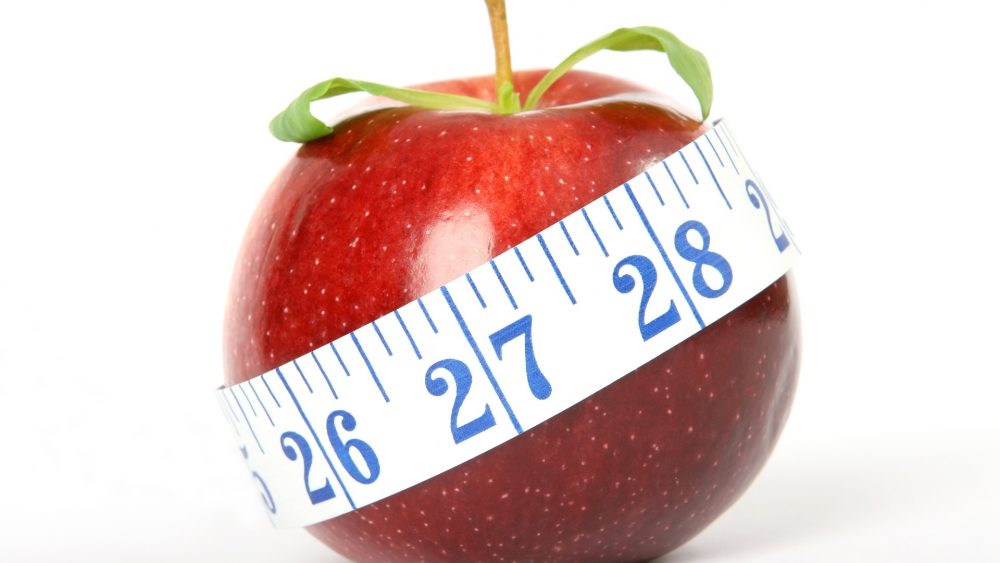Habitual physical activity found to increase appetite control response
03/24/2018 / By Michelle Simmons / Comments
Views

Advertisement
A systematic review published in the journal Sports Medicine has looked at whether appetite control differs according to levels of physical activity.
- A team of researchers from the University of Leeds in the U.K. assessed whether physically active individuals have more sensitive control over appetite compared to inactive individuals.
- The research team searched for articles published from 1996 to 2015 with the use of keywords that pertain to physical activity, appetite, food intake, appetite-related peptides.
- The articles included involved healthy non-smoking adults aged 18 to 64 years old who participated in cross-sectional studies that examined appetite control in active and inactive individuals; or before and after exercise training in formerly inactive individuals.
- A total of 28 studies met the researchers’ criteria and were analyzed by them.
- Results showed that appetite sensations and absolute energy intake did not differ consistently across studies.
- Active participants in the studies had a better ability to compensate for high-energy preloads through a decrease in energy consumption, in comparison with inactive participants.
- A significant curvilinear effect on energy intake was seen when physical activity level was evaluated across cross-sectional studies.
- In addition, the review supports the formulation that physical activity level and energy intake may have a non-linear relationship. However, the underlying mechanisms are not determined but could include body composition differences, postprandial hunger or satiety peptides, or sensitivity to tonic peptides like insulin or leptin.
- Active individuals could reduce the risk of overconsumption in an energy-dense food environment.
In conclusion, the findings of the review indicated that people who were habitually active exhibited improved compensation for the energy density of foods compared to people who were not physically active.
Find the full text of the study at this link.
Journal Reference:
Beaulieu K, Hopkins M, Blundell J, Finlayson G. DOES HABITUAL PHYSICAL ACTIVITY INCREASE THE SENSITIVITY OF THE APPETITE CONTROL SYSTEM? A SYSTEMATIC REVIEW. Sports Medicine. December 2016;46(12):1897–1919. DOI: 10.1007/s40279-016-0518-9
Tagged Under:
apetite sensitivity, appetite, appetite control system, appetite-related peptides, energy, food consumption, food intake, physical activity
100% Fresh Food News, Right at Your Fingertips!
Find out everything you need to know about clean and healthy eating when you sign up for our FREE email newsletter. Receive the latest news on all the top superfoods, recipes, natural remedies, diets, food tips, and more!
Your privacy is protected. Subscription confirmation required.
Related Articles
Advertisements







